Ultimate guide on how to buy an air compressor

Are you in the market for an air compressor? Whether you’re a DIY enthusiast or a professional in need of a reliable tool, purchasing the right air compressor can make a world of difference in your projects. But with so many options available, navigating the world of air compressors can be overwhelming.
That’s why we’ve put together this ultimate guide to help you make an informed decision. From understanding the different types of air compressors to considering the key factors in your purchase, we’ve got you covered. So let’s dive in and explore everything you need to know about buying an air compressor.
First things first, it’s essential to understand the different types of air compressors available on the market. The two main types are reciprocating compressors and rotary screw compressors. Reciprocating compressors are typically more affordable and suitable for small-scale applications, while rotary screw compressors are more powerful and ideal for heavy-duty use.
After determining the type of compressor that suits your needs, you’ll want to consider several factors before making a purchase. These include the horsepower rating, cubic feet per minute (CFM) requirements, tank size, and noise level. Additionally, you should also think about the compressor’s portability, durability, and whether you need any additional features such as built-in air filters or oil lubrication systems.
By taking the time to research and understand these factors, you’ll be well on your way to finding the perfect air compressor for your needs. Throughout this guide, we’ll provide you with the knowledge and insights necessary to make a confident decision and ensure that you invest in a high-quality air compressor that will serve you well for years to come.
The importance of air compressors in various industries
Inflating tires and powering tools in automotive industry
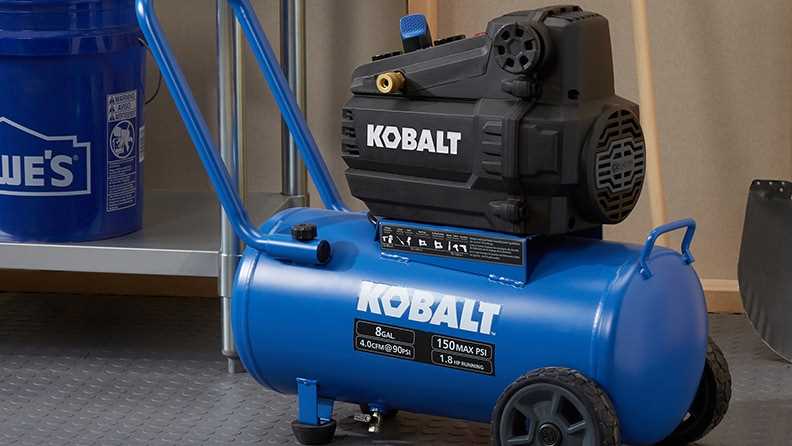
The automotive industry heavily relies on air compressors for various applications. One of the most common uses is inflating tires, ensuring optimal pressure for safety and performance on the roads. Additionally, air compressors power pneumatic tools used in automotive repair shops, such as impact wrenches, pneumatic drills, and spray guns.
Industrial manufacturing and production
Air compressors play a vital role in industrial manufacturing and production processes. They are used to power pneumatic machinery and tools, such as air-powered actuators, conveyors, and robotic assembly systems. Compressed air is also used in cleaning, cooling, and drying processes in industrial settings.
Construction and building sites
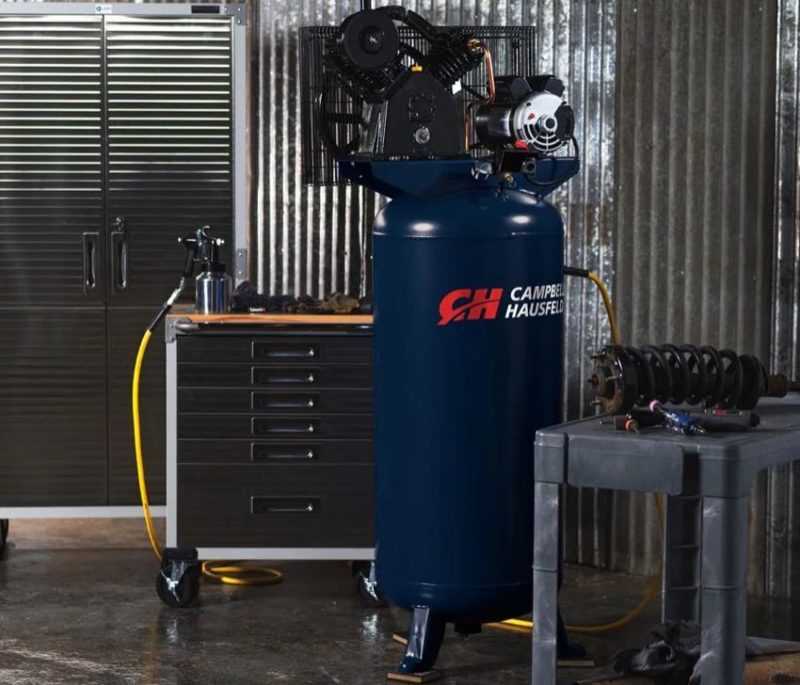
Construction sites require a constant and reliable source of compressed air for various applications. Air compressors are used to power pneumatic tools, such as nail guns, jackhammers, and drills. Compressed air is also used for cleaning and dusting surfaces, as well as operating portable air compressors for on-site power generation.
Medical and healthcare facilities
Air compressors are essential in medical and healthcare facilities for maintaining clean and sterile environments. They power medical equipment, such as ventilators, sterilizers, and dental tools. Compressed air is also used in labs for air filtration and control systems, as well as in vacuum pumps for suction and extraction purposes.
Food and beverage industry
In the food and beverage industry, air compressors play a crucial role in various processes. Compressed air is used for pneumatic conveying systems, packaging machines, food and beverage processing equipment, and air-operated valves. It is also utilized for cleaning and blow-off applications to ensure food safety and product quality.
Energy and mining sectors
The energy and mining sectors rely on air compressors for crucial operations. Compressed air is used in drilling and extraction processes, as well as for powering pneumatic tools in mining operations. It is also utilized for pneumatic control systems in power plants and in various energy production processes.
Overall, air compressors are integral in diverse industries, providing the necessary power and functionality for numerous applications. The versatility and reliability of air compressors make them an indispensable tool for efficient and productive operations in various sectors.
Choosing the right type of air compressor
When it comes to choosing the right type of air compressor, there are a few factors to consider.
Firstly, you need to determine the intended use of the air compressor. Different types of air compressors are designed for different applications. For example, if you’re looking for a portable air compressor for small tasks around the house or for inflating tires, a small handheld or pancake compressor might be sufficient. On the other hand, if you need to power heavy-duty tools or equipment in a workshop or a construction site, you might need a larger, stationary air compressor with a higher CFM (cubic feet per minute) rating.
Another important factor to consider is the power source of the air compressor. There are two main types: electric and gas-powered. Electric air compressors are more suitable for indoor use as they don’t produce any exhaust fumes and are generally quieter than gas-powered ones. Gas-powered air compressors, on the other hand, are more portable and can be used in outdoor locations where there is no access to electricity.
Furthermore, you should also consider the tank size of the air compressor. The tank size determines how much compressed air the compressor can store and deliver at a given time. If you’re planning to use the air compressor for short bursts of air, such as for filling tires or operating pneumatic tools intermittently, a smaller tank size might be sufficient. However, if you need a continuous supply of compressed air for longer periods, such as for sandblasting or spray painting, a larger tank size is recommended to avoid frequent cycling of the compressor.
In addition to these factors, it’s also important to consider the noise level of the air compressor, its maintenance requirements, and the brand reputation and warranty. By carefully considering these factors and matching them with your specific needs and budget, you can choose the right type of air compressor that will serve you well in your desired applications.
Factors to consider when buying an air compressor
When buying an air compressor, there are several factors that you should consider to ensure you are making the right choice for your needs.
Type of compressor
There are different types of air compressors available, such as reciprocating, rotary screw, and centrifugal. Each type has its own advantages and disadvantages, so it’s important to consider the specific requirements of your tasks before making a decision.
Cubic feet per minute (CFM)
The CFM rating indicates the amount of air the compressor can deliver per minute. It is an important factor to consider as it determines the compressor’s ability to power your tools effectively. Make sure to choose a compressor with a CFM rating that meets or exceeds the requirements of your tools.
Tank size
The tank size determines how much compressed air the compressor can store before it needs to be refilled. If you will be using tools that require a continuous supply of air, a larger tank size will be more suitable. However, if you will be using the compressor for short periods of time, a smaller tank size may be sufficient.
Horsepower (HP)
The horsepower of the compressor’s motor determines its ability to generate power. Higher horsepower typically means the compressor can deliver more air pressure and volume. Consider the power requirements of your tools and choose a compressor with adequate horsepower to handle them.
Noise level
Compressors can be quite noisy, so it’s important to consider the noise level if you will be using the compressor in a residential area or an environment where noise is an issue. Look for compressors that are designed to operate quietly.
By considering these factors, you can make an informed decision when buying an air compressor that will meet your specific needs and provide reliable performance for your tasks.
Understanding the different power sources for air compressors
When it comes to air compressors, it’s important to understand the different power sources available. This will help you choose the right air compressor for your needs and ensure that it can perform the tasks you require.
Electric power source
One of the most common power sources for air compressors is electricity. Electric-powered air compressors are typically easier to use and maintain compared to other power sources. They are also more suitable for indoor use as they produce less noise and do not emit fumes like gas-powered compressors.
Electric air compressors are available in a wide range of sizes and capacities, making them suitable for various applications, from inflating tires to powering handheld tools. They are usually more affordable compared to other power sources and are a popular choice for homeowners and DIY enthusiasts.
Gas power source
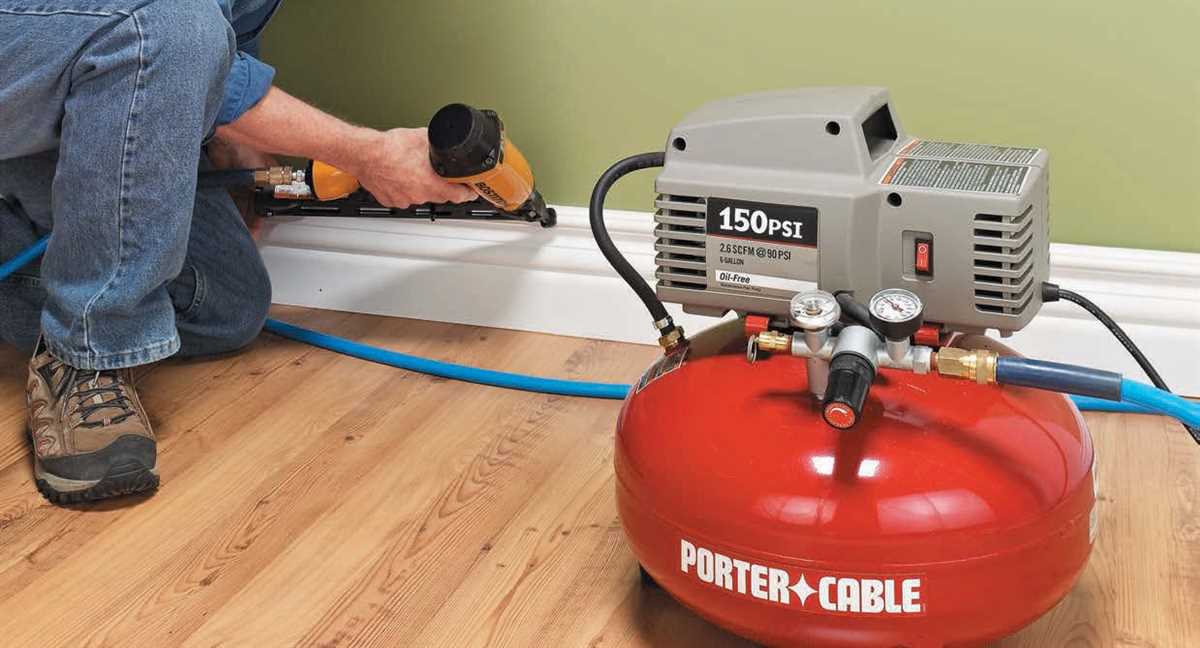
Gas-powered air compressors, on the other hand, are designed for heavy-duty applications and outdoor use. They are typically more powerful and can handle larger tasks that require higher volumes of compressed air. These compressors are commonly used in construction sites, workshops, and other commercial settings.
Gas-powered air compressors are powered by gasoline or diesel fuel engines, which provide the necessary power to run the compressor. These compressors are often more expensive than their electric counterparts, but they offer greater mobility and versatility, as they do not rely on a nearby power outlet.
Dual power source
Some air compressors offer a dual power source option, allowing you to choose between electricity and gas as the power source. This gives you the flexibility to switch between the power sources based on your specific needs and the availability of electricity or fuel.
Dual power source air compressors are often more expensive, but they offer greater convenience and adaptability. They are ideal for users who work in a variety of environments and need a versatile compressor that can handle different types of jobs.
In conclusion, understanding the different power sources for air compressors is essential in selecting the right equipment for your needs. Whether you choose an electric-powered, gas-powered, or dual power source compressor, consider factors such as the intended use, environment, and budget to make an informed decision.
Proper maintenance and care for your air compressor
Regular cleaning
To ensure optimal performance and longevity for your air compressor, it is important to keep it clean. Regularly clean the exterior to remove dirt, dust, and debris that could potentially clog the components and hinder its performance. Use a damp cloth to wipe down the surfaces and a brush to clean hard-to-reach areas. Additionally, clean the air filters and replace them as recommended by the manufacturer to maintain proper airflow and prevent contaminants from entering the system.
Checking and changing the oil
Ongoing maintenance for your air compressor should include checking and changing the oil as required. This ensures that the compressor runs smoothly and the internal components are properly lubricated. Check the oil level regularly and top it up if necessary. Follow the manufacturer’s guidelines for the recommended type of oil and the frequency of oil changes. Regularly changing the oil will prevent wear and tear on the parts and prolong the life of your air compressor.
Tightening loose connections
Over time, vibrations and usage can cause connections and fittings on your air compressor to become loose. It is important to regularly inspect these connections and tighten them if necessary. Loose connections can lead to air leaks, reducing the efficiency and effectiveness of your compressor. Check for any signs of air leakage and use appropriate tools to tighten the connections securely. This will improve the performance of the compressor and prevent unnecessary wear and tear.
Draining moisture from the tank
Moisture can accumulate in the air compressor’s tank due to the natural condensation process. To prevent corrosion and damage to the tank and other components, it is crucial to regularly drain the moisture. Refer to the manufacturer’s instructions for the correct procedure to drain the tank. This will ensure that the air compressor operates at its best and extends its lifespan.
Routine inspections and professional servicing
In addition to regular maintenance tasks, it is important to schedule routine inspections and professional servicing for your air compressor. A trained technician can inspect the various components, identify any potential issues, and provide expert advice on maintenance and repairs. Depending on the usage and manufacturer’s recommendations, it is generally recommended to service the compressor annually or as recommended by the manufacturer to keep it in optimal condition.
By following these maintenance tips and caring for your air compressor properly, you can ensure its longevity, efficiency, and reliability. Regular cleaning, oil changes, tightening loose connections, draining moisture from the tank, and routine inspections will help to keep your air compressor in optimal condition for years to come.
Tips for maximizing the efficiency of your air compressor
1. Regularly clean and maintain your air compressor
Regular cleaning and maintenance of your air compressor are essential for maximizing its efficiency. Make sure to clean the air filters and remove any debris or dust that may be blocking the airflow. Check for and repair any leaks in the system, as they can decrease the overall efficiency of the compressor.
2. Optimize the air pressure
To ensure maximum efficiency, it is important to set the air pressure at the optimal level for your specific applications. Using higher air pressure than necessary can lead to energy waste, while low air pressure can result in reduced productivity. Consult the manufacturer’s guidelines or seek professional advice to determine the ideal air pressure settings for your compressor.
3. Use the right tools and accessories
Matching the right tools and accessories to your air compressor can significantly improve its efficiency. Using tools that require less airflow, such as low consumption air guns or impact wrenches, can help reduce the workload on the compressor. Additionally, using high-quality hoses and fittings can minimize air leaks and pressure drops, increasing overall efficiency.
4. Install an air receiver tank
Installing an air receiver tank can help optimize the efficiency of your air compressor. The tank acts as a buffer, storing compressed air for when it is needed, which reduces the frequency of compressor cycling. This can help reduce energy consumption and extend the lifespan of the compressor.
5. Implement proper maintenance schedules
Regular and proper maintenance schedules are crucial for maximizing the efficiency of your air compressor. This includes changing the oil, checking and replacing filters, and inspecting the overall condition of the compressor. Following the manufacturer’s recommended maintenance intervals and procedures will help ensure that your compressor operates at its highest efficiency.
6. Consider energy-saving features
If you’re in the market for a new air compressor, consider models with energy-saving features. Variable speed drives (VSD) and automatic shut-off systems can help reduce energy consumption by adjusting the compressor’s output to match the required airflow. These features can also prolong the lifespan of the compressor by minimizing wear and tear.
By following these tips, you can maximize the efficiency of your air compressor, saving energy and improving productivity. Regular maintenance, proper pressure settings, and using the right tools and accessories will all contribute to a more efficient and reliable air compressor system.
Safety precautions when using an air compressor
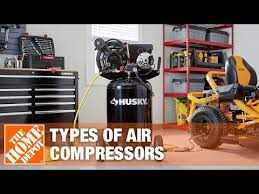
1. Read and understand the user manual:
It is essential to read and comprehend the user manual provided by the manufacturer before operating an air compressor. This will ensure you are aware of the specific safety precautions and instructions for your particular model.
2. Wear proper protective gear:
Always wear proper protective gear, including safety glasses or goggles, hearing protection, and gloves when working with an air compressor. This will help protect you from any potential hazards or injuries that may occur during operation.
3. Maintain a clean work area:
Keep the work area clean and free from obstructions to prevent accidents. Remove any debris or obstacles that may interfere with the safe operation of the air compressor and ensure proper ventilation to prevent inhalation of harmful fumes.
4. Check for leaks and damage:
Before using the air compressor, thoroughly inspect it for any leaks or visible damage. Make sure all connections are secure and tight to prevent air leaks, which can lead to decreased performance and potential safety hazards.
5. Use the compressor on a stable surface:
Place the air compressor on a stable and level surface to prevent it from tipping over during operation. Additionally, use proper supports or brackets to secure the compressor if necessary.
6. Never leave the compressor unattended:
Never leave the air compressor unattended while it is running. Always turn off the compressor and unplug it from the power source when not in use or when performing maintenance tasks.
7. Do not exceed the recommended pressure:
Always operate the air compressor within its recommended pressure range. Exceeding the recommended pressure can lead to equipment failure and potential injury.
8. Use appropriate accessories and attachments:
Only use accessories and attachments that are recommended by the manufacturer for your specific air compressor model. Using improper or incompatible accessories can result in equipment damage and increase the risk of accidents.
9. Regularly inspect and maintain the compressor:
Regularly inspect and maintain the air compressor to ensure it is in proper working condition. Check for any loose or damaged parts, clean or replace air filters as needed, and follow the manufacturer’s recommended maintenance schedule.
10. Familiarize yourself with emergency procedures:
Be familiar with the emergency procedures outlined in the user manual. This includes knowing how to shut off the compressor in case of an emergency and how to safely relieve pressure from the system. Additionally, always have a fire extinguisher nearby when working with an air compressor.
Common problems and troubleshooting solutions for air compressors
1. Air Leaks
One common problem with air compressors is air leaks. This can lead to a decrease in air pressure and inefficient operation. To troubleshoot this issue, you should first check all the fittings, hoses, and connections for any signs of leakage. Tighten or replace any damaged or loose components. Another possible cause of air leaks is a faulty pressure regulator or valve. Inspect these parts and repair or replace them if necessary.
2. Overheating
Another common problem faced by air compressors is overheating. This can be caused by a variety of factors, such as a dirty or clogged air filter, a malfunctioning cooling fan, or excessive usage. To troubleshoot this issue, start by cleaning or replacing the air filter if it is dirty. Ensure that the cooling fan is working properly and not obstructed. Additionally, try to avoid overusing the compressor and give it sufficient rest periods to prevent overheating.
3. Low Air Pressure
Low air pressure is a common issue that can affect the performance of an air compressor. This can be caused by several factors, including a worn-out or damaged compressor pump, a leak in the system, or a faulty pressure switch. To resolve this problem, check for air leaks as mentioned earlier and repair any leaks found. If the compressor pump is worn-out or damaged, it may need to be replaced. Similarly, if the pressure switch is faulty, it should be repaired or replaced.
4. Excessive Noise
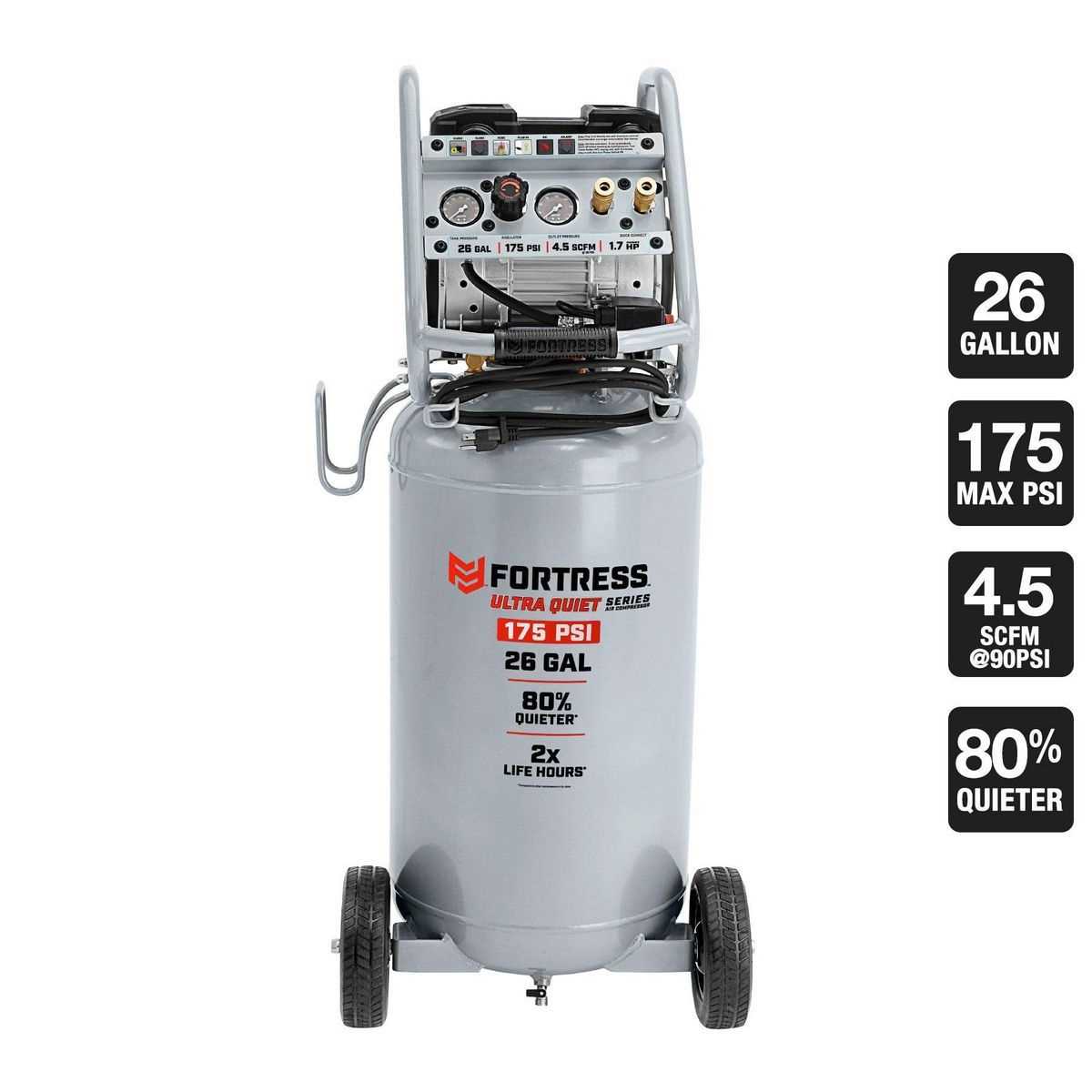
Excessive noise from an air compressor can be bothersome and indicative of underlying issues. This can be caused by loose or worn-out components, inadequate lubrication, or a faulty motor. To troubleshoot this problem, check all the bolts, nuts, and fasteners to ensure they are tightened properly. Lubricate all moving parts as per the manufacturer’s recommendations. If the noise persists, it may indicate a more serious issue with the motor, which may require professional repairs or replacement.
5. Pressure Build-Up Issues
Sometimes air compressors may have difficulty building up pressure or maintaining a steady pressure output. This could be due to a variety of reasons, such as a clogged air filter, a malfunctioning pressure switch, or a damaged pressure regulator. To fix this problem, clean or replace the air filter if needed. Inspect the pressure switch and the pressure regulator for any damage or malfunction and repair or replace them as necessary. Additionally, make sure that the compressor is being used within its recommended operating pressure range.
In conclusion, air compressors can experience various common problems, ranging from air leaks to overheating or low air pressure. By accurately troubleshooting and addressing these issues, you can ensure the optimal performance and longevity of your air compressor. Remember to regularly inspect and maintain your compressor to prevent any potential problems from arising.
FAQ:
What is an air compressor?
An air compressor is a device that converts power from an electric motor, gasoline engine, or diesel engine into potential energy stored in compressed air. It is used to power various tools and equipment by releasing the compressed air.
Why do I need an air compressor?
An air compressor is useful for various applications such as inflating tires, powering pneumatic tools like nail guns and paint sprayers, operating airbrushes, sanding and grinding, and even for cleaning purposes. It provides a reliable and efficient source of compressed air.
What factors should I consider before buying an air compressor?
Before buying an air compressor, you should consider factors like the type of compressor (piston or rotary screw), power source (electric or gas), tank size, pressure requirements, airflow capacity, noise level, and portability. Additionally, you should also think about your budget and intended use.
What is the difference between a piston and a rotary screw air compressor?
A piston air compressor uses a piston and cylinder arrangement to compress air, while a rotary screw air compressor uses two rotors to compress the air. Piston compressors are typically more affordable and suitable for small to medium-sized tasks, while rotary screw compressors are more efficient and suitable for continuous use.
How do I maintain an air compressor?
To maintain an air compressor, you should regularly check and change the oil (if required), clean or replace the filters, drain the moisture from the tank, inspect and tighten the fittings and connections, and keep the compressor in a clean and dry environment. It is also important to follow the manufacturer’s maintenance instructions.
Video:













